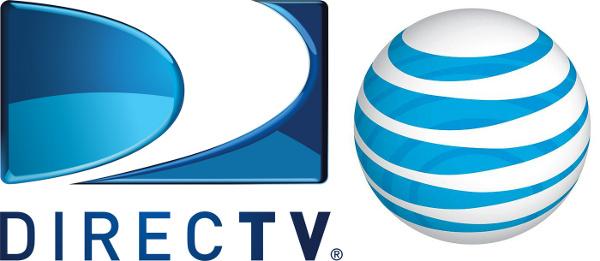AT&T to Hoover Up DirecTV

While DirecTV has a national audience, AT&T operates its video service in 22 states, so the merger’s overlap is likely to stifle competition in those states. But AT&T makes several I’ll-be-a-good-boy pledges: DirecTV would continue as a standalone service for three years. Ditto AT&T broadband. High-speed Internet access would be extended to 15 million homes on top of AT&T’s current 70 million. AT&T would abide by the FCC’s 2010 Net- neutrality order (despite its having been struck down in court)—so no nasty network-related bottlenecks for Netflix. And the company would sell its stake in a Latin American wireless carrier to trim its North American base to more regulator-friendly dimensions.
Consumer groups slammed the merger: “The industry needs more competition, not more mergers,” said John Bergmayer of Public Knowledge. “You can’t justify AT&T buying DirecTV by pointing at Comcast’s grab for Time Warner, because neither one is a good deal for consumers,” said Delara Derakhshani of Consumers Union.
Among financial analysts, sentiment was mixed. “Satellite is kind of a doomed technology,” said Jim Nail of Forrester Research to The New York Times. But Jan Dawson of Jackdaw Research was more upbeat in an interview with Bloomberg News: “Strategically, this makes a lot of sense for AT&T. It lets them go national with a video offering that matches their wireless reach.”
AT&T would buy DirecTV for $48.5 billion (with a B) in cash and stock.
- Log in or register to post comments

























































